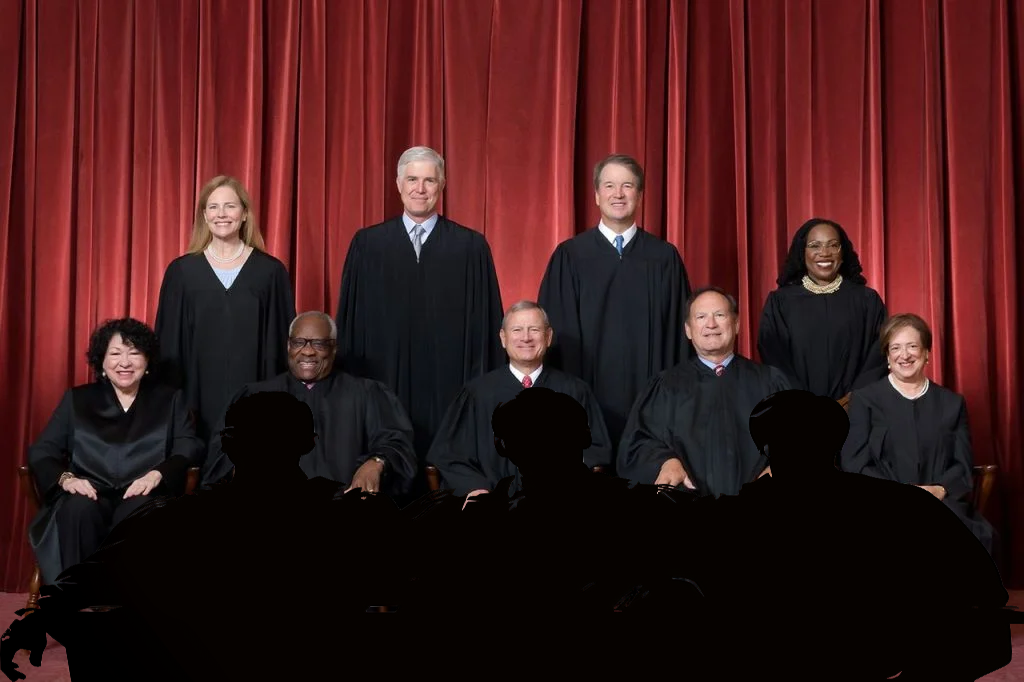The Supreme Court’s recent ruling on presidential immunity underscores the urgent need for Democrats to take decisive action to protect American democracy. By using the “nuclear option” to change the filibuster rule, which currently requires a 60-vote supermajority to pass most legislation, Democrats could pass crucial reforms with a simple majority, including expanding the Supreme Court from 9 to 12 justices. This expansion is essential to restore balance and counteract the increasingly partisan decisions that threaten the court’s impartiality and integrity.
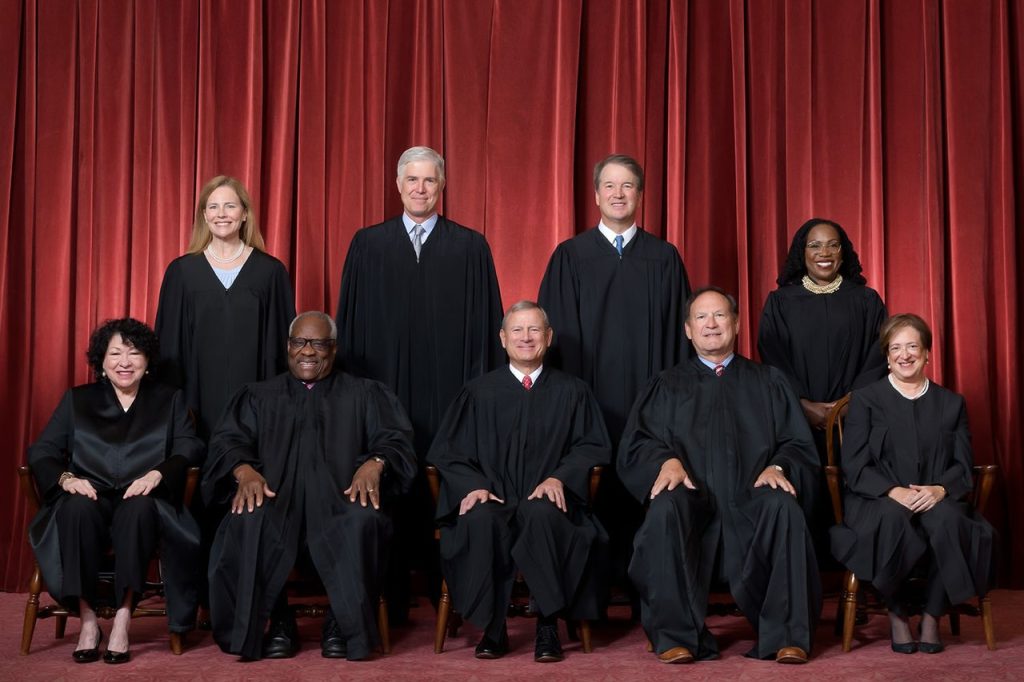
Historically, the filibuster has been used by the minority to extend debate and delay or block legislation. However, in recent years, it has been used to create legislative gridlock, preventing the majority from enacting policies even with significant public support. With the current 50-50 split in the Senate, Democrats, with the Vice President’s tie-breaking vote, have a rare opportunity to implement substantial changes.
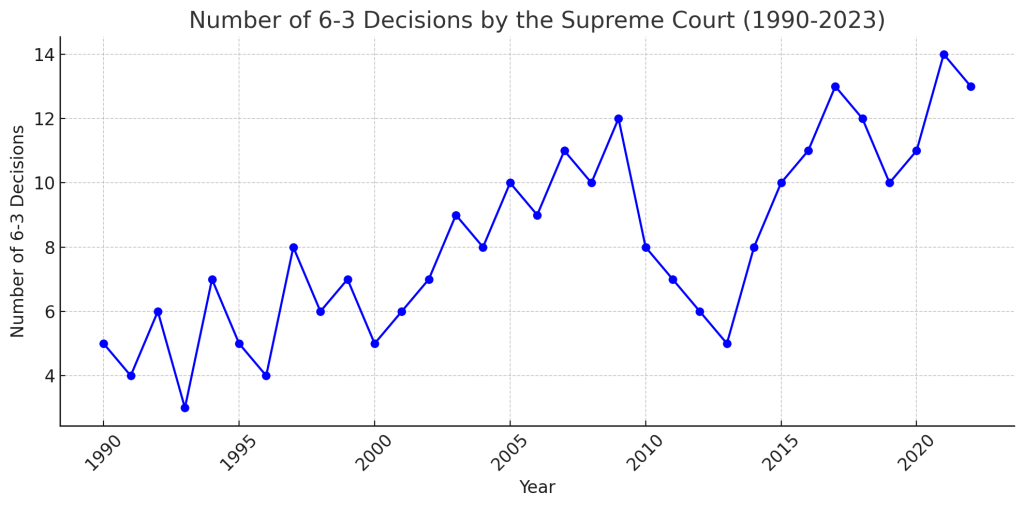
Expanding the Supreme Court is a contentious issue, but it is rooted in the need to ensure fair and balanced judicial oversight. The Constitution does not specify the number of justices; this has been altered multiple times throughout history by Congress. Increasing the number of justices to 12 could help mitigate the ideological tilt that has resulted from recent appointments and provide a more balanced approach to critical legal questions facing the nation.

Given the Supreme Court’s immense influence over American life, ensuring a fair and balanced court is essential for upholding democratic values. Decisions on issues like voting rights, healthcare, and presidential powers have far-reaching consequences. By expanding the court, Democrats can help ensure that these decisions reflect a broader spectrum of legal thought and protect the rights and interests of all Americans.
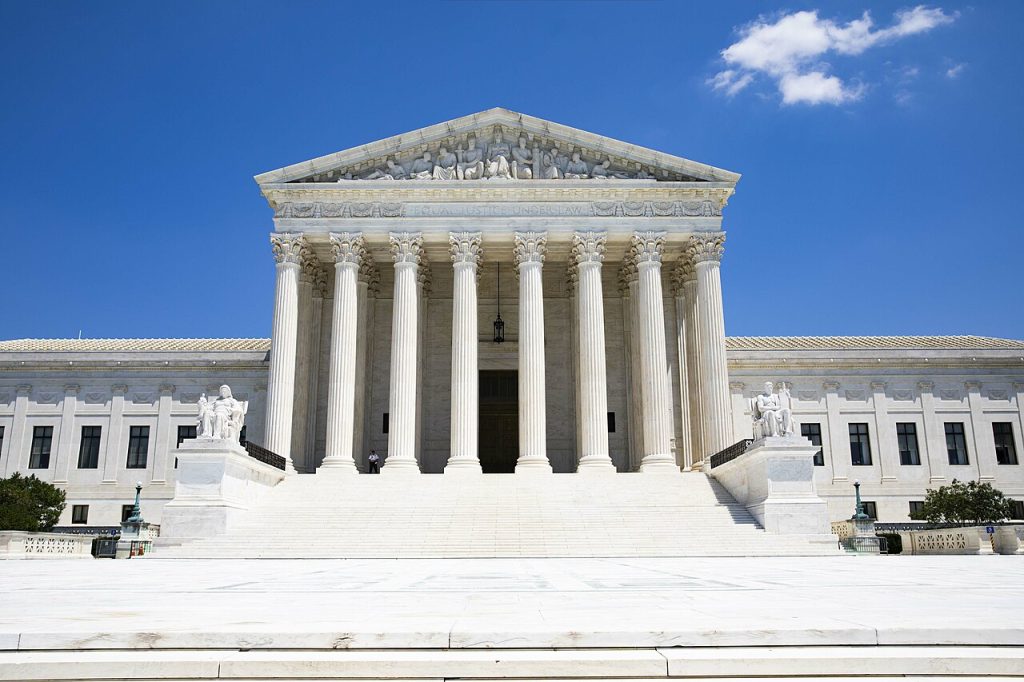
Changing the filibuster rule and expanding the Supreme Court are significant steps that require political courage and leadership. However, in the face of escalating threats to democratic norms and institutions, these measures are necessary to preserve the integrity of American governance. If Democrats fail to seize this moment and make bold, decisive moves to safeguard the nation’s judiciary and democracy, they will share responsibility with Republicans for the downfall of democratic principles.
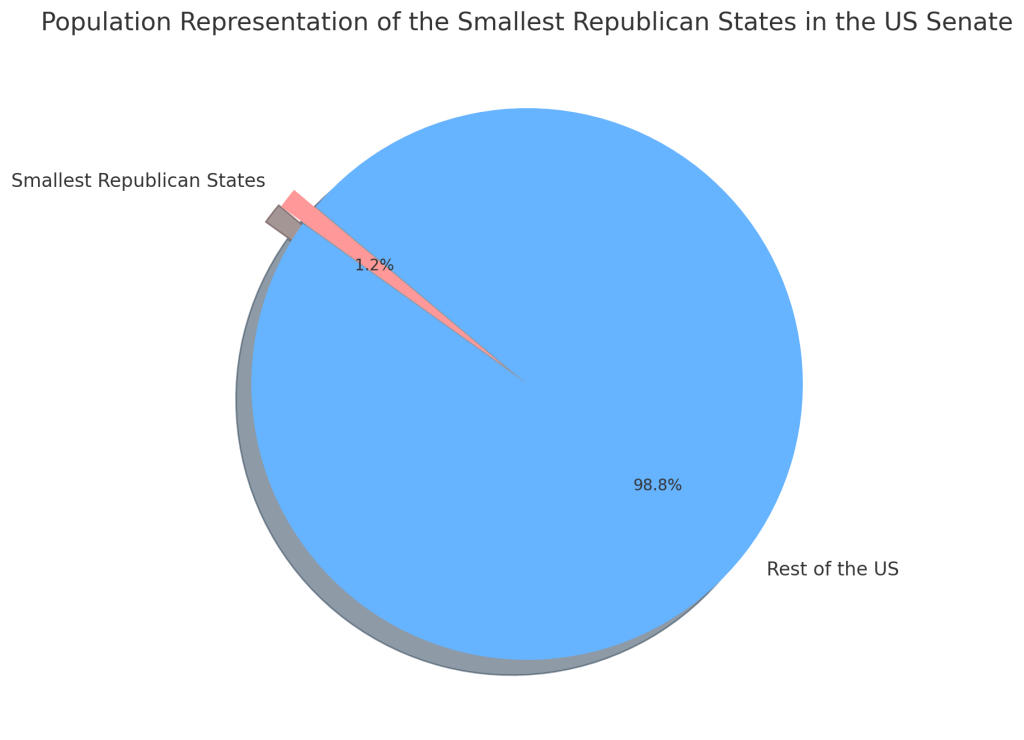
The five smallest Republican states—Wyoming, Alaska, North Dakota, South Dakota, and Montana—collectively represent only about 1.23% of the total U.S. population. However, these states hold 10% of the Senate’s voting power. These 5 states are responsible for the courts current makeup.

The top 1% of wealthy individuals have the financial resources to invest in political campaigns, lobbying, and other means of shaping policy. By concentrating their efforts on these small-population states, they have effectively gained control of not only the Supreme Court, but also the Senate and use this influence to ensure which laws will or will not be passed. It is no coincidence that the 6-3 decision graph and the wealth of the top 1% have a very strong correlation.

By expanding the court and altering the filibuster, Democrats aim to balance the influence and ensure the judiciary represents a broader, more diverse spectrum of American voters. If they fail to take these steps, they will be held accountable for the erosion of democracy alongside their Republican counterparts. Like most things, follow the money.

